During his revolutionary activities , Mr. Nguyen Ngoc Dam, former Chairman of the People's Committee of Quang Ninh province, had the honor of meeting Uncle Ho many times. Those are profound memories . lessons he learned from Uncle Ho . In particular, Mr. Dam was also the one who went to Hanoi to report to Uncle Ho about the fight against the movement of machinery. On the occasion of the 70th anniversary of the takeover of the Mining Area (April 25, 1955 - April 25, 2025), Quang Ninh Newspaper introduces his article.
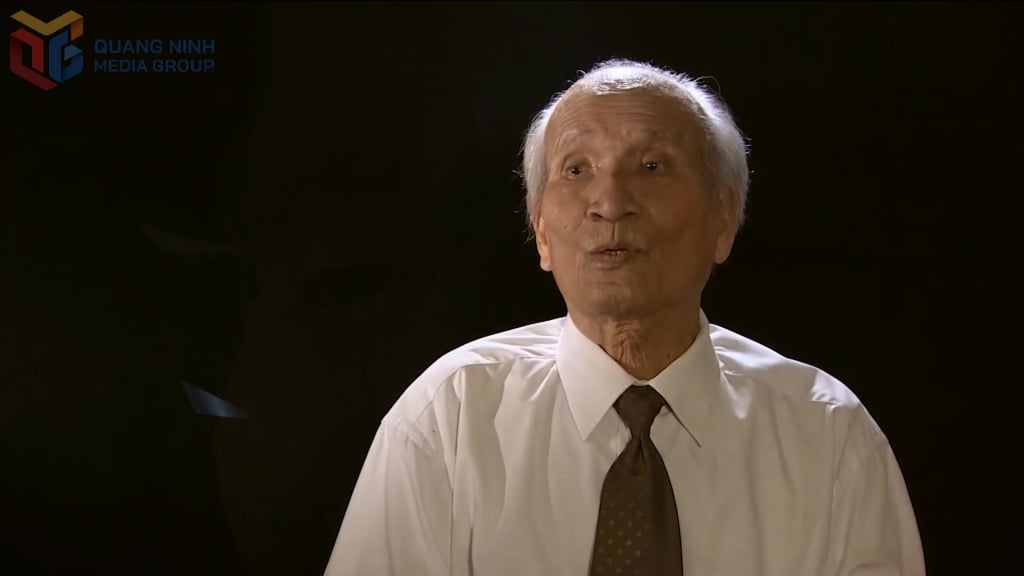
In the spring of 1946, I was assigned from Bac Giang to work in the Hon Gai mine area. At that time, the government, army and people of the mine area were actively fighting against the sabotage of the French and preparing for the possibility that the French would invade our country again. Then, the all-people, all-out and long-term resistance war against the French broke out. The French occupied the Hon Gai mine area. I was assigned to work in the enemy's rear area. In that situation, I occasionally returned to the area to attend conferences or report on the situation, and I also saw Uncle Ho at the conferences, but I never had the chance to meet him.
In 1954, peace was restored, and the Hon Gai mine was within the 300-day regrouping area stipulated by the Geneva Agreement. At that time, I was the acting Secretary and Chairman of the Administrative Resistance Committee of the Hon Gai Special Zone. Due to our victory, the French Government was forced to sign the Peace Restoration Agreement. The French mine owners knew that sooner or later they would have to leave this place. Their plot was that while the French army was still regrouping, they would move machinery and equipment, sabotage the mine to cause us difficulties when we returned to take over. They ordered the transfer of some machinery that the US imperialists had just provided them with aid to the South, including drilling machines, excavators, and large trucks. Seeing the illegal actions of the mine owners, the Cam Pha mine workers, who had been educated and informed about the spirit of the Geneva Agreement, fought very hard, forcing them to be unable to carry out their plot to sabotage and move machinery. The situation at that time was very tense. Then the mine owners had to ask our Government for permission to move them and to meet our representatives to negotiate because the machinery and equipment had just been brought over, had not been used, and had not yet become the mine's property.
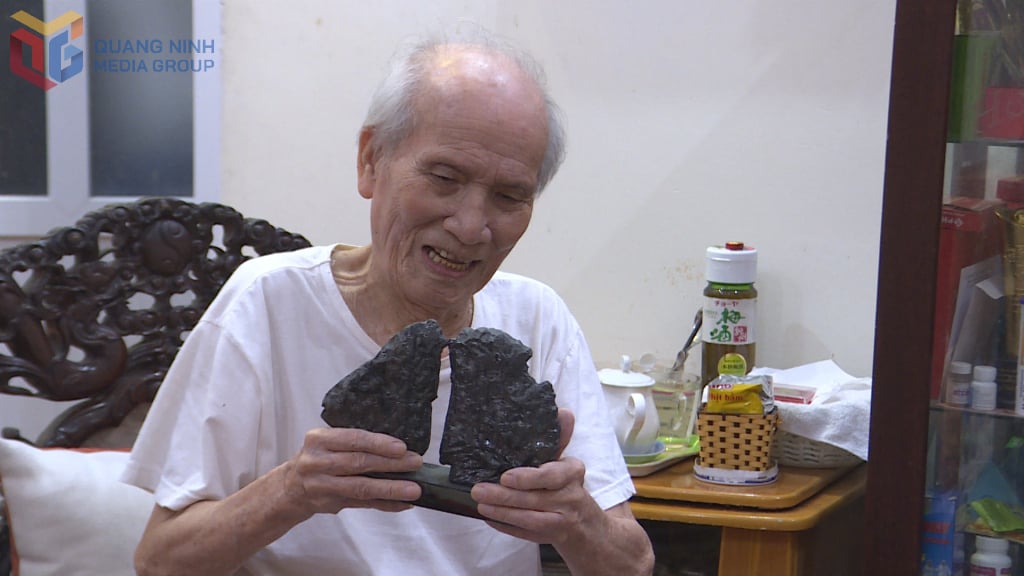
The struggle of the Cam Pha mine workers to keep the machines was reported by the Special Zone Committee to the Central Party Committee and the Government. A few days later, the Hon Gai Special Zone Committee received a telegram from the Central Party Office, telling me to go to Hanoi to report directly to Uncle Ho. Receiving the telegram to report to Uncle Ho, my heart was filled with an indescribable joy. This credit, this honor belonged to the mine workers who resolutely fought against the enemy. I was called by Uncle Ho to the Central Committee to report my responsibilities, and excitement was mixed in me from the moment I received the telegram, prepared the documents, and the entire process from the Special Zone base to Hanoi.
Early spring 1955, that year was cold. I cycled out of the base. Each gust of wind from the Northeast mountains and forests seemed to whip my face, numbing my limbs, but inside I felt warm, a warmth from the love and care of the Party and Uncle Ho. During my work, being educated and nurtured by my superiors, my sense of leadership had been fully formed, and I myself had also matured to a certain extent. I understood that Uncle Ho and the Central Committee had called me up to report, not just because of the mine owners’ machines. I also vaguely saw the importance of the issue of relations between us and France in the future, which was why Uncle Ho called me and I was also worried.
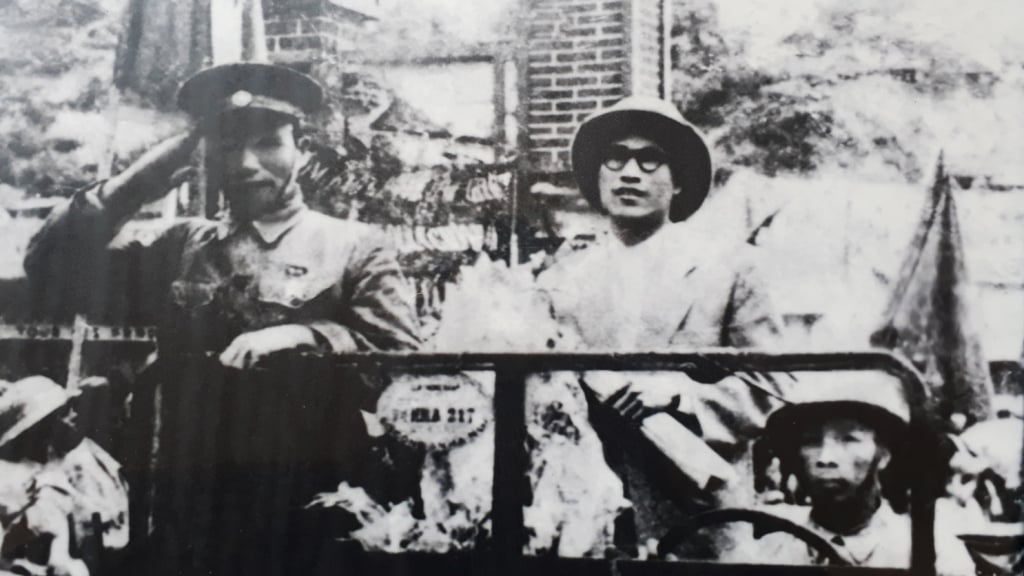
At around 5 pm, I arrived at the Presidential Palace (where the Governor General of Indochina used to live, now the guest house of Uncle Ho and the Government). At that time, I did not have a letter of introduction like now, but I just showed the telegram from the Central Office to the security guard. So I was allowed in. The security guard took me past the Presidential Palace, near a small house, I saw Uncle Ho sitting on a long chair under an old tree, with Comrade Pham Van Dong. My heart was pounding. I was going to Uncle Ho. I tried to calm down to greet Uncle Ho and Comrade Pham Van Dong. Comrade Pham Van Dong shook my hand and introduced me to Uncle Ho. Uncle Ho told me to report on the situation at the mine.
After listening to my report, Uncle Ho praised the fighting spirit of the mine workers and gave them some instructions. He instructed: We must protect all the mine assets, do not let the enemy take them away, so that when we return to take them over, we can start production immediately. We must be flexible in our attitude towards the French, take advantage of them, but not make concessions. The Government will issue instructions later on what they want to transfer, but we must not let them sabotage us. We must be vigilant. We must protect even the workers, do not let them force us to go to the South.
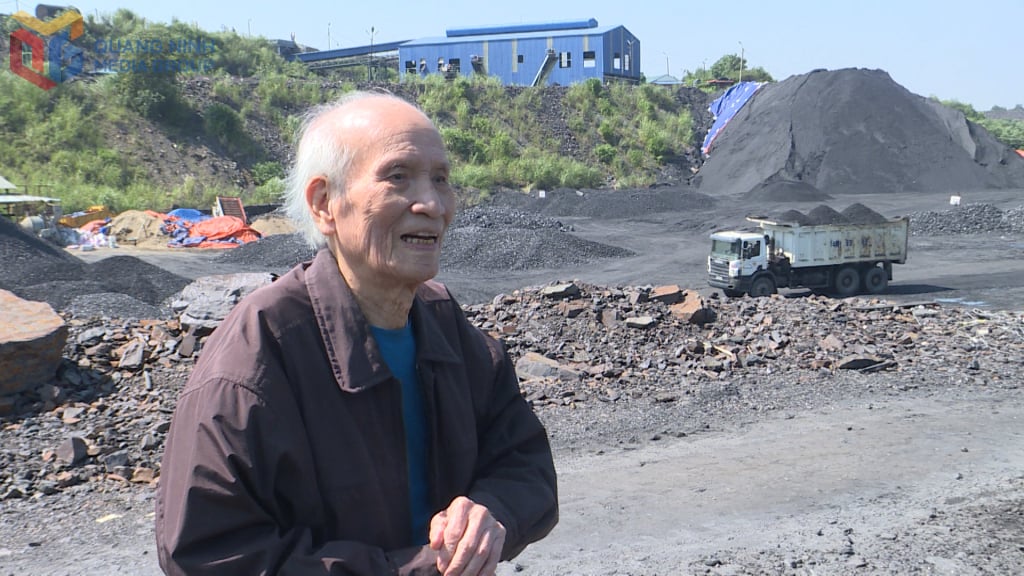
After speaking, Uncle asked me: "Do you have any more comments?". I said: "I will carry out your instructions." Uncle said: "Okay, you go home and rest." That was the first time I sat next to Uncle, reported to him and listened to his instructions. The time was only about an hour, but it went so fast. I said goodbye to Uncle and comrade Pham Van Dong and returned to the Central Office's resting place, feeling very excited because I had completed my mission, and at the same time, I was given direct instructions by Uncle on what needed to be done next.
At the Hon Gai Special Zone base, I convened a meeting of the Special Zone Committee to disseminate the directives of Uncle Ho and comrade Pham Van Dong. Our government agreed to allow the French mine owners to transfer the machinery and equipment they requested, and we had to protect the rest. Uncle Ho's directive was disseminated to the grassroots. The struggle movement was again raised more strongly, enthusiastically, and spread to the working people, both fighting against the enemy's sabotage and against the enemy's forced migration. Thanks to that, when our government took over, we only had to repair some machinery, such as the cold shaft in Cam Pha, and coal production resumed after two days of taking over the city. The workers of the Hon Gai and Cam Pha mines once again hit the heads of the French colonialists who lied: "It will take at least 20 or 25 years for the Vietnamese to be able to dig coal." That great result was achieved thanks to Uncle Ho's guidance.
Source: https://baoquangninh.vn/bac-ho-chi-thi-cho-cong-viec-sau-tiep-quan-3349156.html


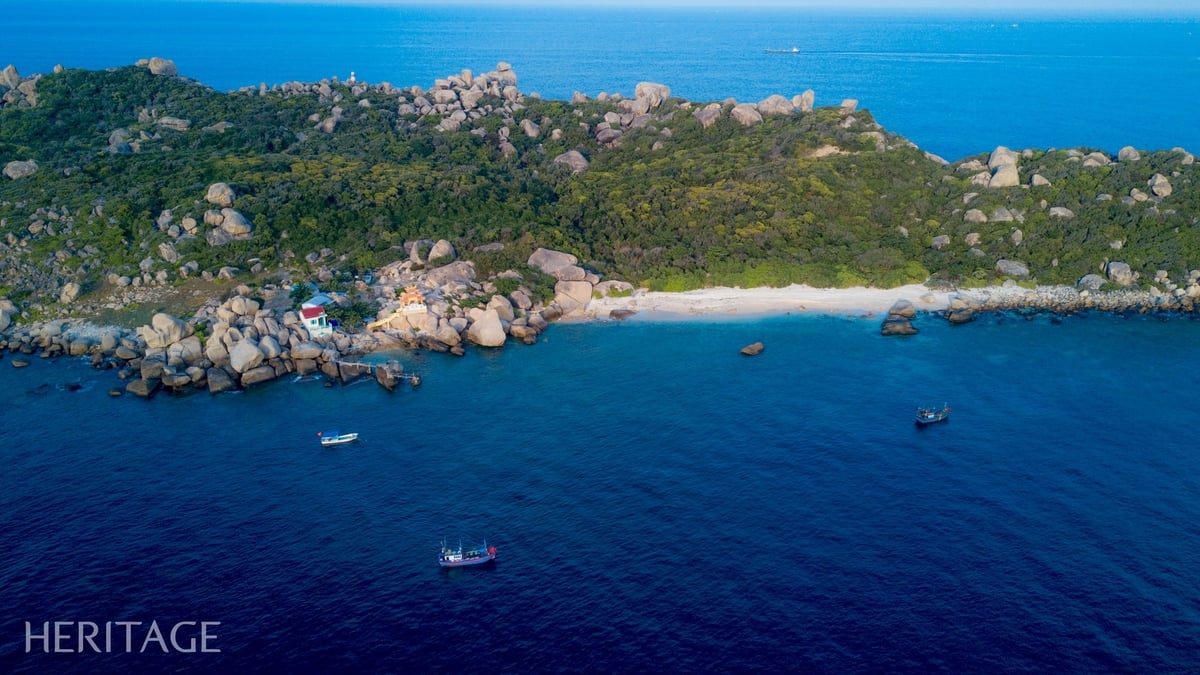
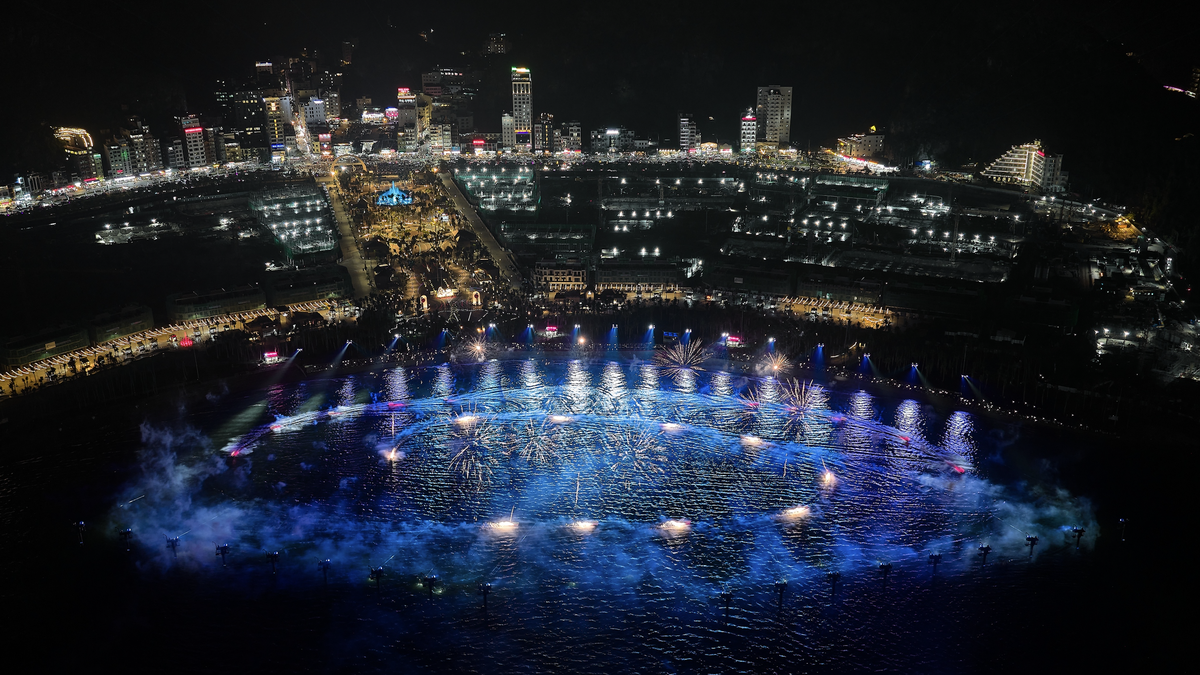

![[Photo] Emotional and proud flag-raising ceremony and military review on Truong Sa island](https://vphoto.vietnam.vn/thumb/1200x675/vietnam/resource/IMAGE/2025/5/31/9b52525fce6f433083cd0a5bfee59f49)

![[Photo] Prime Minister Pham Minh Chinh chairs a Dialogue with businesses and business associations](https://vphoto.vietnam.vn/thumb/1200x675/vietnam/resource/IMAGE/2025/5/31/b606d6f6ff584fa28af9f353c91bf15d)


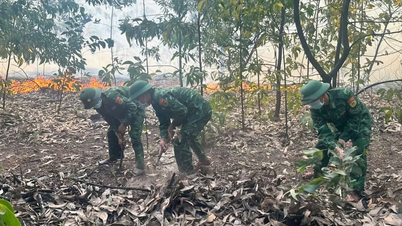

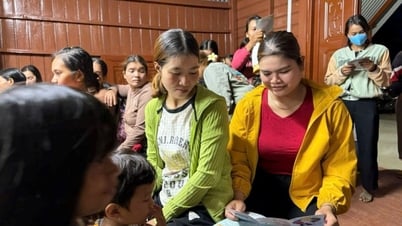

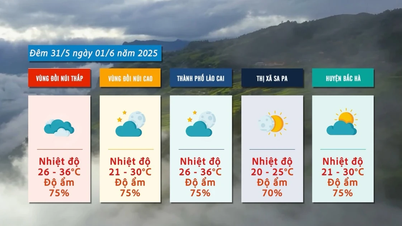

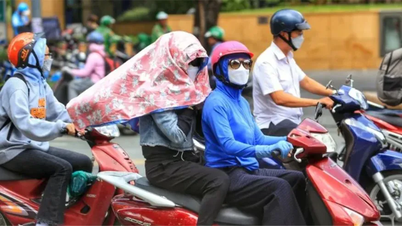
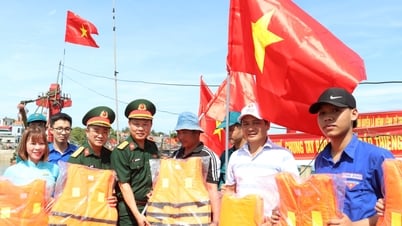





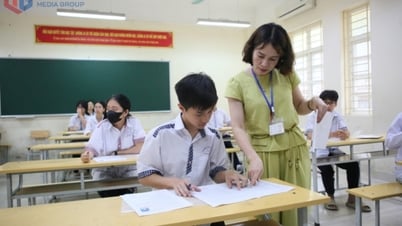

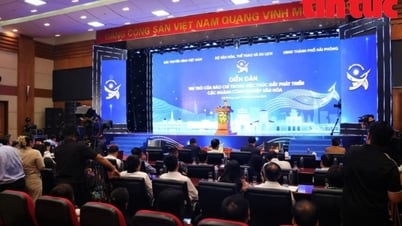
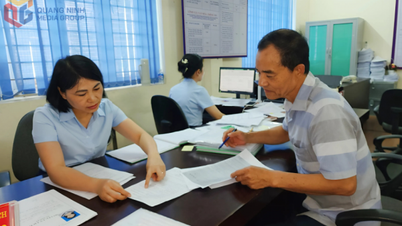
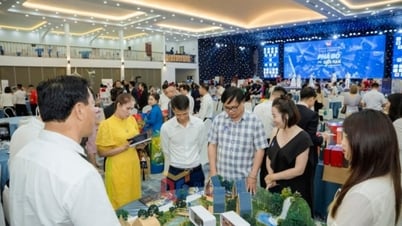

![[Photo] Prime Minister Pham Minh Chinh attends the opening ceremony of the National Law Portal](https://vphoto.vietnam.vn/thumb/1200x675/vietnam/resource/IMAGE/2025/5/31/f02ed6288a4340bdb4adf1b2149b9614)
![[Photo] Launching ceremony and drawing of pairs for the "9th TIM CUP Highland Charity Football Tournament"](https://vphoto.vietnam.vn/thumb/1200x675/vietnam/resource/IMAGE/2025/5/31/a4c145af5d1e48c5b48c95116d41a73c)
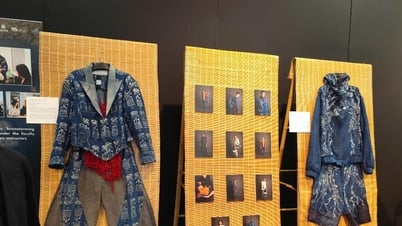




















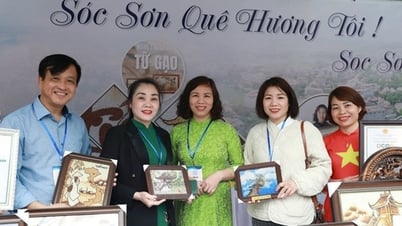







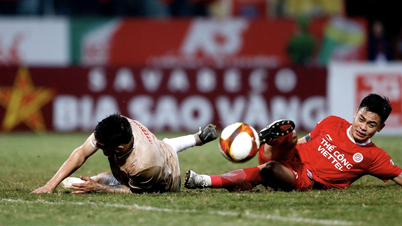

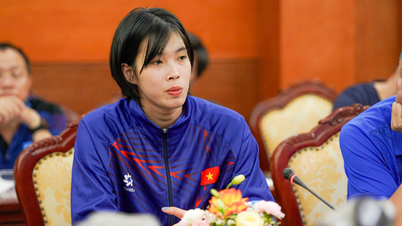


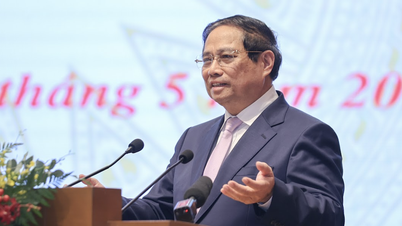






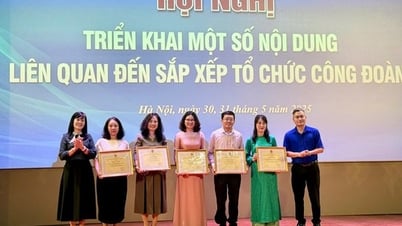
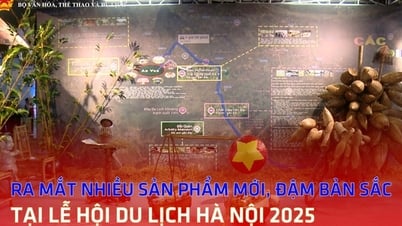
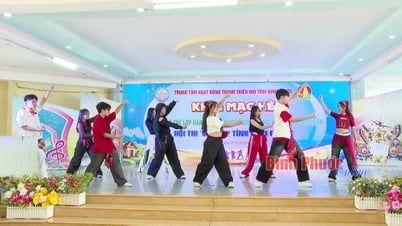








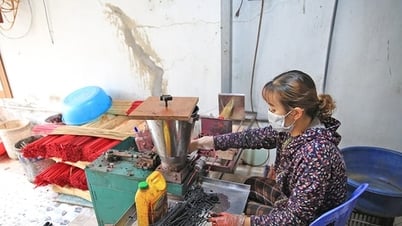

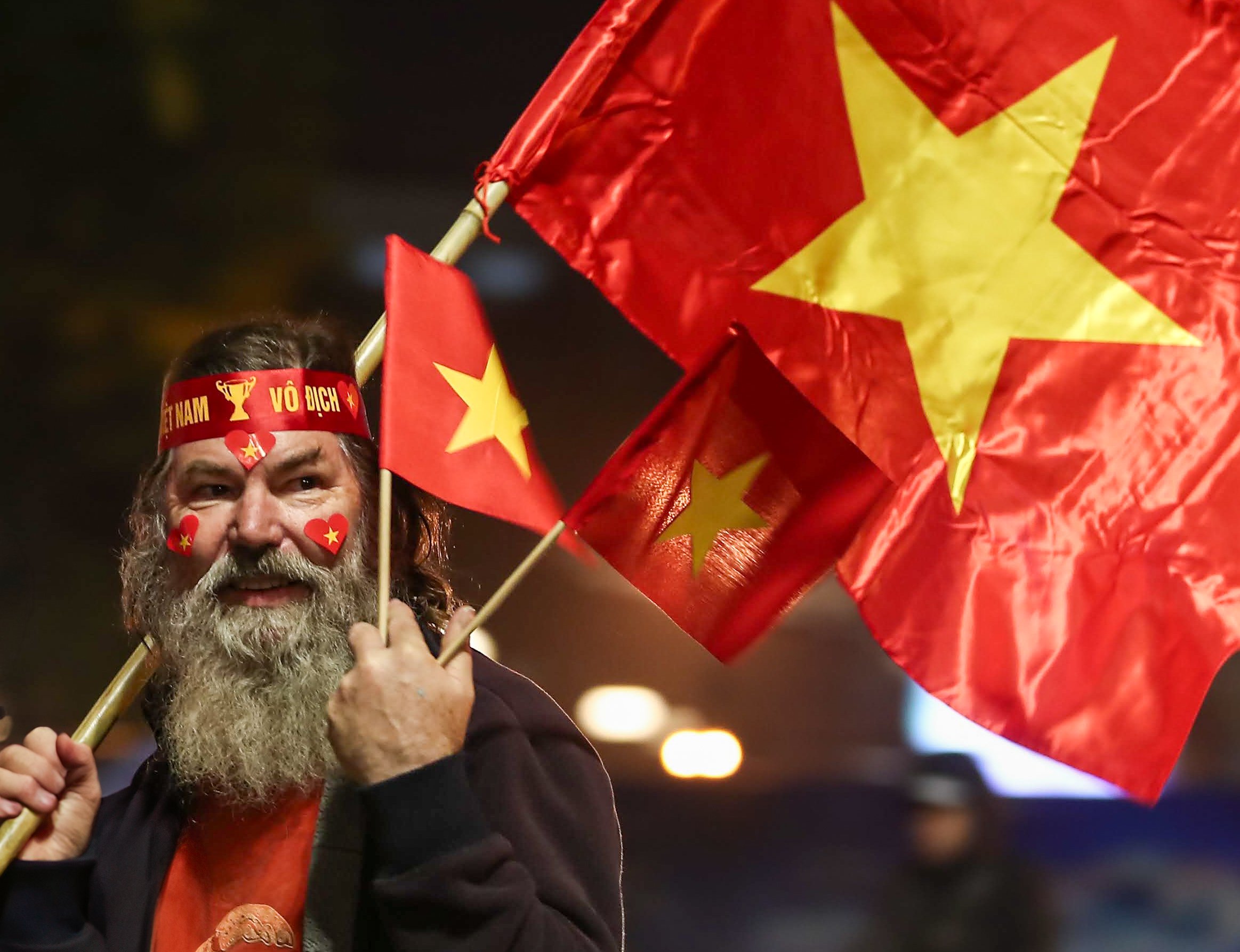



Comment (0)